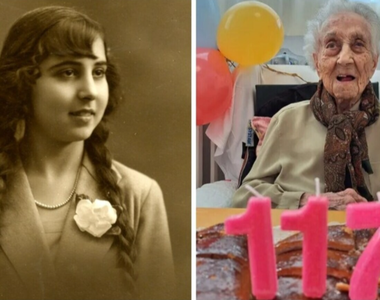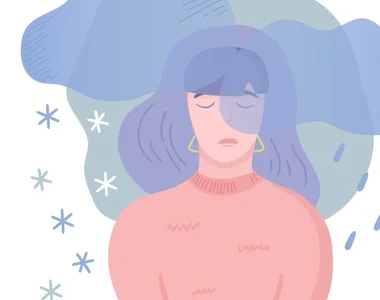
Doctors are conducting a clinical trial to see if an anti-depressant can help get sick with Covid-19.
Researchers at the University of Washington at St. Louis are recruiting 1,100 people in the early stages of Covid-19 to try the drug fluvoxamine, also known as Luvox.
While an anti-depressant may seem like a tough candidate to fight Covid-19, a small study in November showed it could succeed with "modern anti-depressants".
Researchers are conducting the study in a not-so-ordinary way.
They are sending medicines to patients' homes and will monitor their health. Patients will report to researchers. They record their measurements (temperature, oxygen, etc.) on the study website and the research staff calls patients every day during the early part of the test. The equipment for the measurements made was provided by the researchers to each patient.
This new way of doing clinical trials has already been proven to be effective.
Dr. Eric Lenze, the study's lead investigator, says so far everything has gone well and that the only effect has been "a little hiccup".
Researchers say they may have final results by the end of February.
In the study published in November in the Journal of the American Medical Association, among the 80 patients who took fluvoxamine, none developed low oxygen levels.
Of the 72 patients who took a placebo, a pill that does nothing, six developed low oxygen levels.
One of the patients receiving fluvoxamine was hospitalized for "dehydration".
Four of the patients who received a placebo were hospitalized with Covid-19-related symptoms, and one ended up in the intensive care unit.
The researchers did not see if the differences between the two groups were statistically significant.
"Because of the limitations of the study, these findings should be interpreted as hypothesis creation rather than a demonstration of efficiency," the authors write in the November study.
Lenze and his colleagues are currently doing the most extensive study because the previous study was too small to draw definitive results.

- WHO warns that herd immunity will not occur during 2021: What does this mean?
- 8 most valuable things the world learned from the pandemic
- Post-Covid: The study finds that these symptoms persist for up to 6 months after infection
- What do studies show about the link between physical education in universities and the spread of Covid-19
Source: CNN







